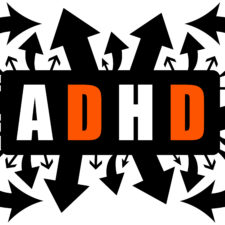Discipline, Three Strategies to Change Behavior Quickly
Discipline is defined as training people to obey rules or a code of behavior. Parents often wonder what is the best way to discipline their child or teenager. Discipline has two main goals. First, two change behaviors and second to maintain the relationship. Three strategies to change behaviors quickly Improve Adult-Child Interactions: Adults must go out of their way to have positive experiences and interactions with children and teenagers. Give positive attention to the things our children do appropriately.










